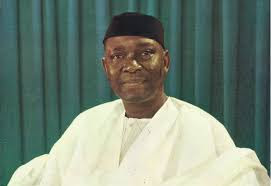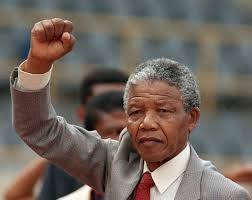
His leadership qualities were truly remarkable, and some of the most notable ones include:
Nkrumah's leadership yielded impressive results. Some of his notable achievements include:
Ghana's first president, was a transformational leader who embodied exceptional leadership qualities. His vision for a united and prosperous Africa drove his actions, inspiring a generation of Africans to fight for independence. His commitment to Pan-Africanism, unity, and development remains a powerful model for effective leadership. Overall, Nkrumah's leadership qualities and achievements continue to inspire generations of Ghanaians and Africans, cementing his place as one of the most influential figures in African history.

His leadership qualities were truly remarkable, and some of the most notable ones include:
Azikiwe's legacy extends beyond his presidency. He is remembered as a champion of Nigerian nationalism, a promoter of African unity, and a symbol of hope for a better future. His commitment to education, social justice, and cultural diversity continues to inspire Nigerians and Africans worldwide.
Overall, Nnamdi Azikiwe's leadership qualities were marked by his vision for Nigerian nationalism, cultural diversity, strategic alliances, and commitment to social change. He remains an important figure in Nigerian history and a model for future leaders.

Dr. Nelson Mandela's leadership qualities were truly exceptional and transformed South Africa. He demonstrated remarkable abilities that inspired his people and changed the course of history:
Overall, Nelson Mandela's leadership qualities were a testament to his strength, courage, and commitment to creating a better world. Mandela's legacy continues to inspire leaders around the world. His commitment to justice, equality, and compassion serves as a beacon of hope for generations to come.
